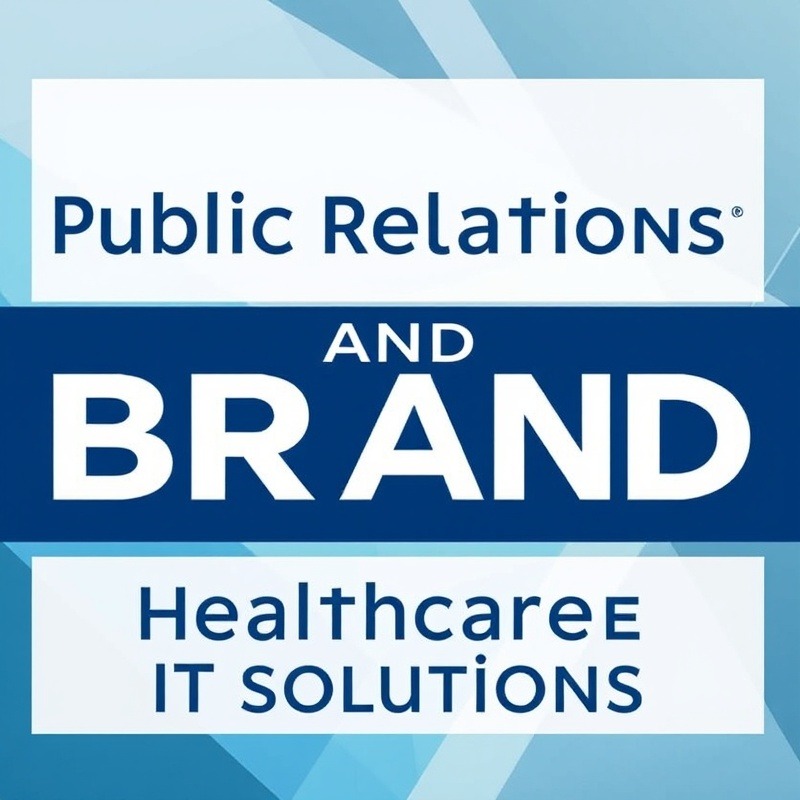
The Rise of Generative AI in Healthcare
Generative AI (GenAI) is rapidly transforming healthcare, especially in the revenue cycle of medical practices. This game-changing technology is not just a concept; it's a reality that is delivering measurable outcomes. By 2025, healthcare systems are expected to embrace GenAI more extensively to streamline operations, optimize revenues, and improve efficiency. Major institutions like Cleveland Clinic are already utilizing GenAI to enhance their financial operations with promising results.
Breaking Down Perceptions: Why Generative AI Matters Now
Since the introduction of ChatGPT, perceptions about AI have drastically shifted. Generative AI has evolved from being seen as futuristic to a pivotal tool in healthcare. Research indicates that over 70% of healthcare organizations are actively considering GenAI, especially for revenue cycle management. This technology addresses complex tasks by augmenting human expertise, thereby increasing productivity and reducing errors. For many, the question is no longer 'if' they should adopt GenAI, but rather 'how fast' they can deploy it to maximize return on investment.
Addressing Revenue Challenges with GenAI
Healthcare executives face numerous challenges, including payer complications and high operational costs. Workforce shortages add to the stress, but GenAI presents a viable solution by automating resource-intensive tasks. It can accurately analyze clinical documentation and manage prior authorizations, which reduces the need for administrative intervention and minimizes errors. By leveraging GenAI, healthcare systems can achieve near-perfect revenue yields, easing the burdens on staff and improving overall financial stability.
The Benefits of Embracing Generative AI in Concierge Practices
For concierge health practitioners aiming to enhance their practices, understanding and adopting generative AI could be a game-changer. Not only does it streamline the revenue cycle by reducing administrative workloads, but it also ensures compliance and optimizes income. By anticipating trends and potential changes with GenAI, practitioners can position themselves as forward-thinking leaders in their community. Embracing this technology could lead to professional growth and secure their standing in the competitive healthcare market.
Future Predictions: The Role of Generative AI in 2025
As healthcare continues to evolve, the role of generative AI will expand, influencing not only financial operations but potentially every aspect of healthcare. By 2025, generative AI is expected to become integral in achieving operational excellence. This technology promises to reshape how we perceive administrative processes, transforming them into efficient, automated systems. For those invested in the future, staying informed about GenAI could open doors to unprecedented opportunities and advancements in the healthcare field.
 Add Row
Add Row  Add
Add 






Write A Comment